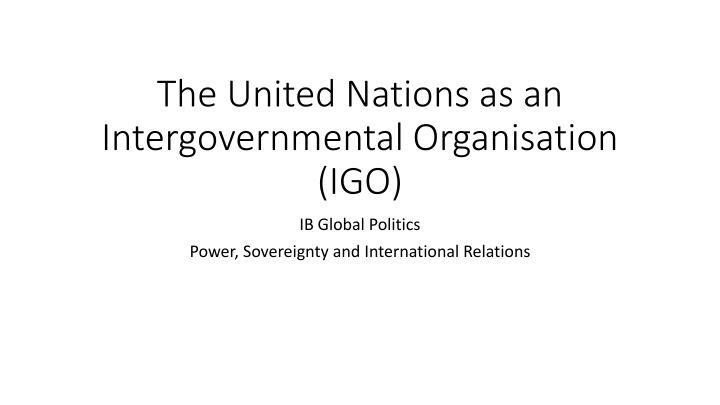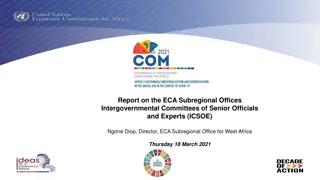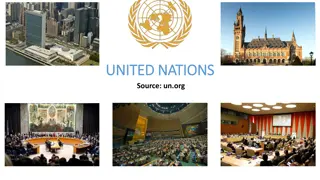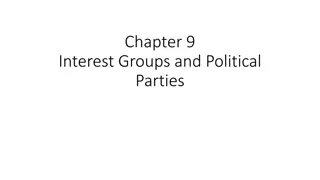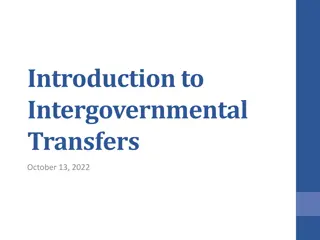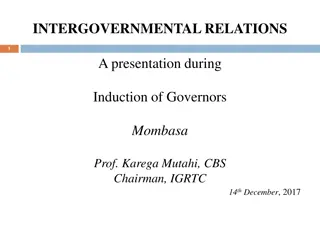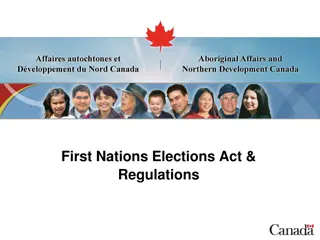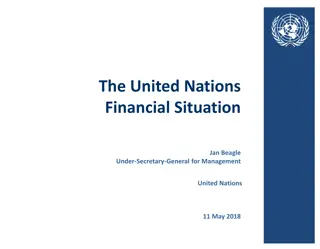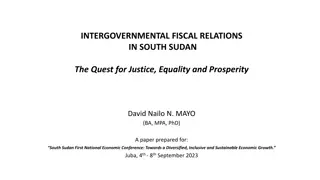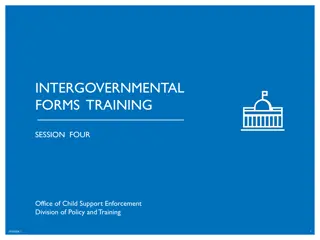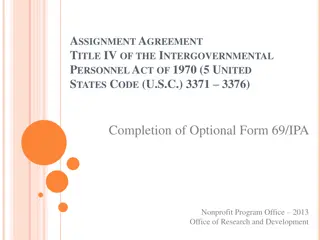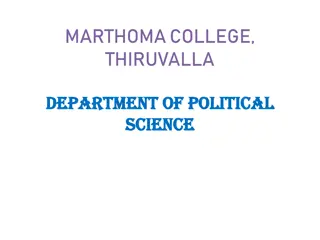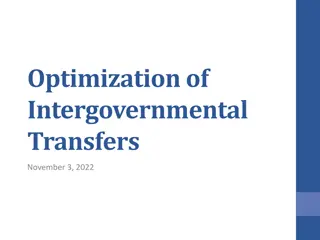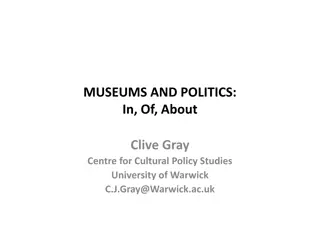The United Nations: Intergovernmental Organization in Global Politics
The United Nations serves as a crucial intergovernmental organization, fostering international cooperation and maintaining peace among nations. Explore its structure, functions, and impact on global relations as discussed in the provided materials.
Uploaded on Feb 25, 2025 | 1 Views
Download Presentation

Please find below an Image/Link to download the presentation.
The content on the website is provided AS IS for your information and personal use only. It may not be sold, licensed, or shared on other websites without obtaining consent from the author.If you encounter any issues during the download, it is possible that the publisher has removed the file from their server.
You are allowed to download the files provided on this website for personal or commercial use, subject to the condition that they are used lawfully. All files are the property of their respective owners.
The content on the website is provided AS IS for your information and personal use only. It may not be sold, licensed, or shared on other websites without obtaining consent from the author.
E N D
Presentation Transcript
The United Nations as an Intergovernmental Organisation (IGO) IB Global Politics Power, Sovereignty and International Relations
www.glopoib.wordpress.com Unit 1: Power, Sovereignty and International Relations Lesson 13, 14 and 15: The United Nations as an Intergovernmental Organisation
States do not operate in isolation in the States do not operate in isolation in the international system international system This assumption underpins the next few lessons. What evidence is there for this claim?
Guiding Question To what extent can state actors affect greater change in the international system when operating multilaterally?
United Nations: Quick Facts An intergovernmental organization responsible for maintaining international peace and security, developing friendly relations among nations, achieving international cooperation, and being a centre for harmonizing the actions of nations HQ in New York on international territory. Other main offices in Nairobi, Vienna, Geneva and Den Haag Led by Secretary- General: Antonio Guterres
United Nations: Quick Facts Established 1945 replacing League of Nations Grown from 51 to 193 member states including all undisputed nation states except Vatican Holy See and Palestine have observer status
Six principal organs UN General Assembly (UNGA) UN Secretariat International Court of Justice (ICJ) UN Security Council (UNSC) UN Economic and Social Council (ECOSOC) UN Trusteeship Council - Inactive
UN General Assembly Deliberative assembly of all UN member states May resolve non-compulsory recommendations to states or suggestions to the Security Council (UNSC) Decides on the admission of new members Adopts the budget Elects the non-permanent members of the UNSC; all members of ECOSOC; the UN Secretary General (following his/her proposal by the UNSC); and the fifteen judges of the International Court of Justice (ICJ). Each country has one vote.
UN Secretariat Administrative organ of the UN Supports the other UN bodies administratively (for example, in the organization of conferences, the writing of reports and studies and the preparation of the budget); Its chairperson the UN Secretary General is elected by the General Assembly for a five-year mandate and is the UN's foremost representative.
International Court of Justice Universal court for international law Decides disputes between states that recognize its jurisdiction; Issues legal opinions; Renders judgment by relative majority. Its fifteen judges are elected by the UN General Assembly for nine-year terms.
UN Security Council For international security issues Responsible for the maintenance of international peace and security; May adopt compulsory resolutions; Has fifteen members: five permanent members with veto power and ten elected members
UN Economic and Social Council For global economic and social affairs Responsible for co-operation between states as regards economic and social matters; Co-ordinates co-operation between the UN's numerous specialized agencies; Has 54 members, elected by the General Assembly to serve staggered three- year mandates.
Guiding Question To what extent can state actors affect greater change in the international system when operating multilaterally?
